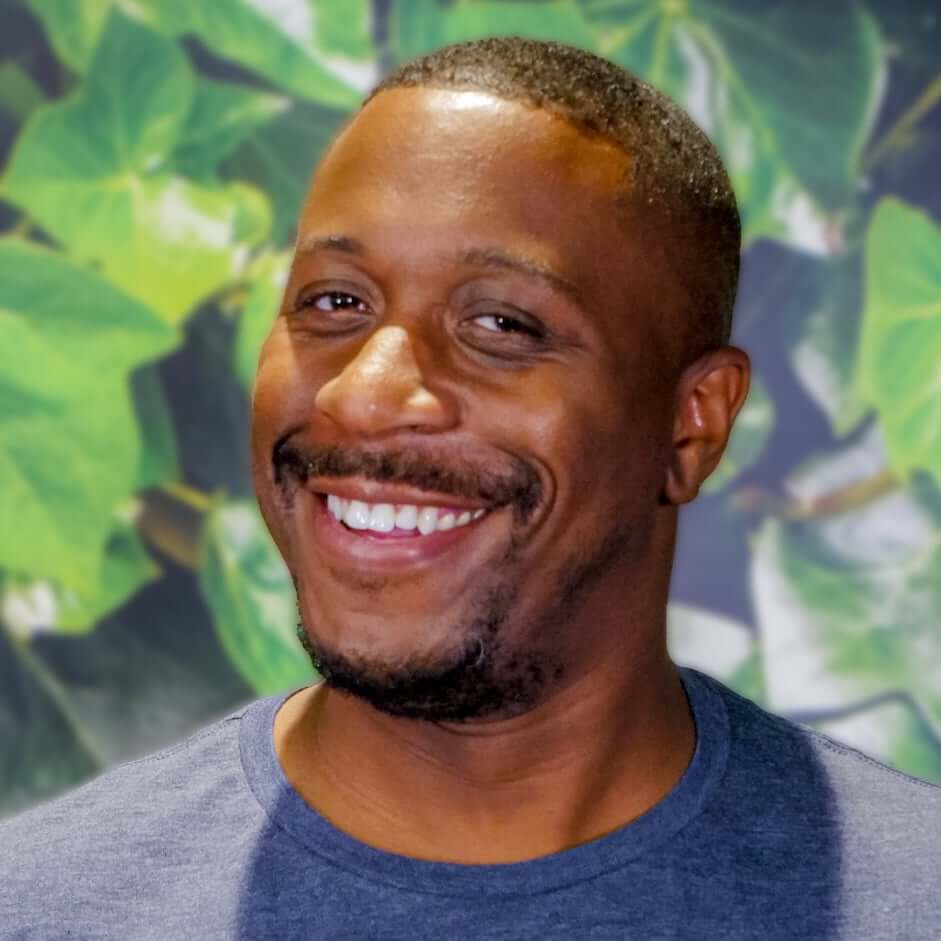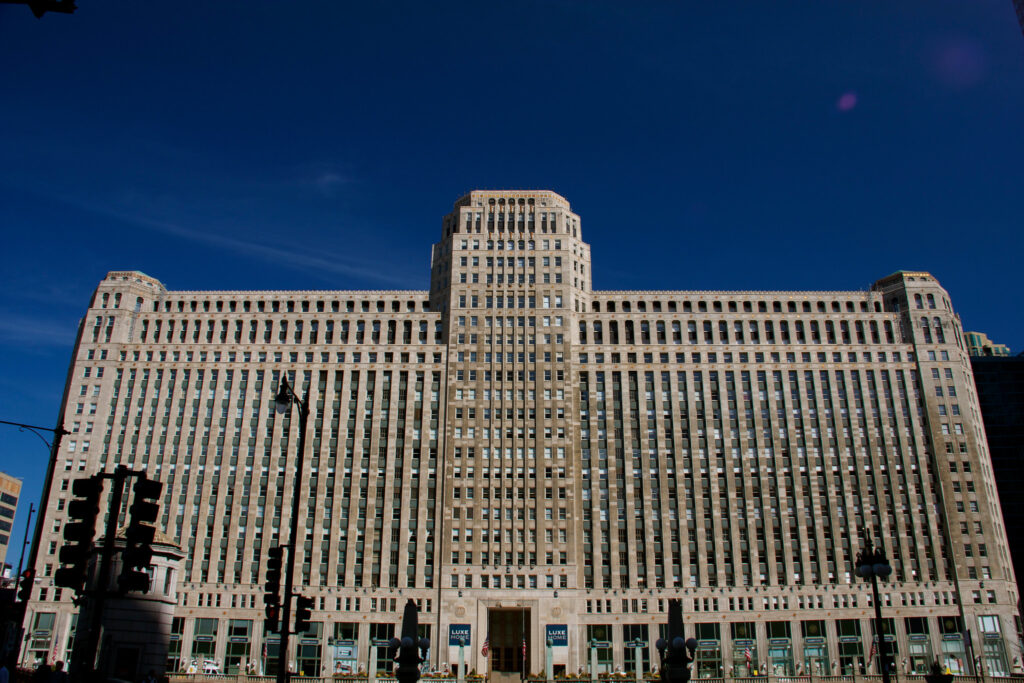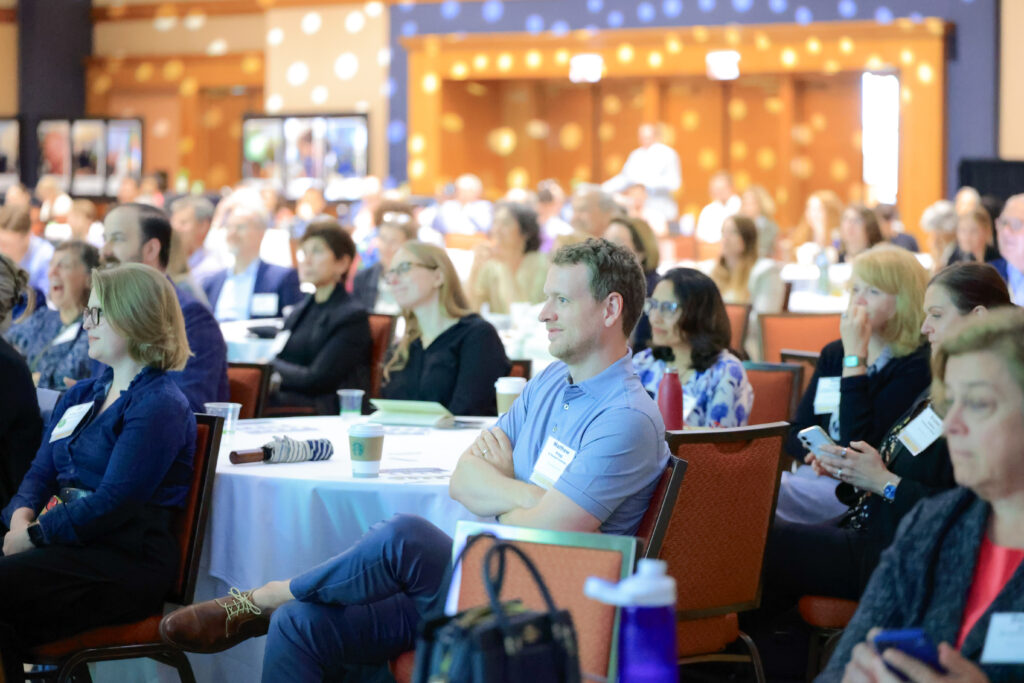Earth Day is an important day for anyone who works in sustainability, but for me it is also a time of conflicted feelings. Of course, it brings me great joy to see people and companies taking time to reflect on the beauty of our planet, and recognizing the importance of taking care of it for future generations. To that end, Earth Day serves its purpose incredibly well.
However, I also know that Earth Day often represents a missed opportunity as well. For a day when our whole society is focused on environmental sustainability, we generally only effect a fraction of the change we are capable of — and, to be frank, a fraction of the change our planet needs. As we approach Earth Day on April 22nd, I wanted to write about how we often limit ourselves in our celebration, and also provide some ideas for thinking outside the broken system we live in.
If all of that sounds a bit pessimistic, it isn’t meant to be. I generally try to remain optimistic, and that’s easy to do when I work with and meet so many talented and caring people who are dedicated to a sustainable future. But if we want to achieve that sustainable future, Earth Day — the day when our society is most mobilized for our planet — cannot always be rosy. We should absolutely celebrate our earth, but must also acknowledge the precarious state in which we’ve left it.
Beyond that, awareness must lead to action. And that action should have both a short-term and long-term focus. It’s cliche to say we have to live every day like it’s Earth Day, but it is true that we cannot afford to let our planet’s well-being slip to the backs of our minds once Earth Day (or Earth Week, or Earth Month) is over.
So what does effective, long-term action look like? It’s going to take a new system for our society and economy.
When you think of typical Earth Day initiatives, they often treat symptoms, not causes. Taking a day to make surface-level improvements — planting trees, cleaning up trash, etc. — is certainly still valuable, and I don’t want to minimize that work. But it doesn’t address the broken system that necessitates planting trees and cleaning up trash in the first place.
In that sense, the linear economy has been the sponsor of Earth Day since the holiday’s inception in 1970. For those unfamiliar, the linear economy has been our default economic model for centuries. It is a “take-make-waste” mindset, in the sense that we we harvest and extract materials from the Earth (“take”), use them to manufacture some sort of product and feed our supply chains (“make”), and then either our employees or the consumers we sell to elect to get rid of these items (“waste”). Effectively, we use up more and more resources, and we create more and more waste.
When you’re stuck in a linear economy, Earth Day will always be more about fixing problems than keeping those problems from ever occurring. We have to challenge ourselves to think outside the box and model a new type of economy. For instance, finding ways to donate business products or supplies is typically not thought of as an environmental action. But by extending the use of these items, we can avoid sending them to landfill and reduce the need to create and transport new items (and all the carbon emissions that process brings).
Here’s where I can get back to optimism: there are already events taking place around the country that engage people in reuse and circularity. For example, in my hometown of Chicago, The Plant (a circular economy organization worth looking up in its own right) is hosting “Reuse-a-Palooza” on April 24th. This event will “provide opportunities to repair clothing and household items, safely dispose tricky-to-recycle items, and donate bicycles, gently used books, and more, all the while bringing attention to strategies to reduce waste and improve environmental conditions.” Opportunities to take simple, yet meaningful, steps toward a new economy and climate-positive future abound — you just have to actively seek them out. For ideas on where to look and how to get started, check out Rheaply’s Reuse Initiative Action Plan. This Earth Day, I encourage you to not only take action for our environment, but to try to do so in a way that moves us beyond the structures of the linear economy.
What are you doing to make an impact this Earth Day? I’d love to hear in the comments.


